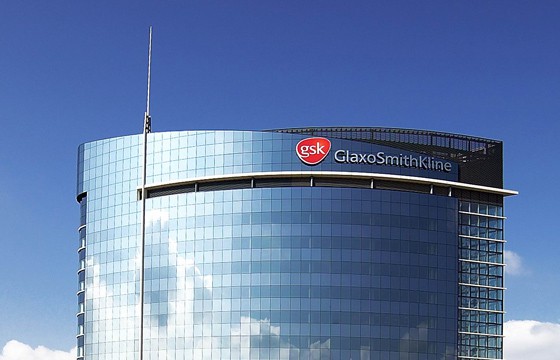
GlaxoSmithKline has decided the future of its rare disease business – and it lies outside the company. It has agreed to sign over its entire portfolio of approved and experimental therapies to former rival Orchard Therapeutics.
GSK is taking a minority (19.9%) stake in Orchard and will get royalties on sales as well as commercial milestone payments, but further financial details aren’t yet available. The company started a review of the rare disease portfolio last July as part of a restructuring that also claimed a number of R&D programmes and non-core brands.
At the time, chief executive Emma Walmsley said the rare diseases unit – which chalked up one success with the launch of ex vivo gene therapy Strimvelis for children with adenosine deaminase severe combined immunodeficiency (ADA-SCID) or ‘bubble boy’ disease – might do better outside the company.
The deal with Orchard puts the portfolio in the hands of an Anglo-American company that has close links with major hospitals and universities around the world at the forefront of gene and cell therapies, including University College London; Great Ormond Street Hospital; the University of Manchester; the University of California Los Angeles; and Boston Children’s Hospital.
Orchard launched in 2016 and two of its founders are former GSK scientists who worked on the development of Strimvelis and other programmes based on the ex vivo manipulation of haematopoietic stem cell transplants to restore normal gene functions. One of the launch projects for Orchard was a competitor to Strimvelis called OTL-101, now in registration trials, and since then, it has raised around $110m in private funding to develop its pipeline.
Along with Strimvelis, GSK is passing over two therapies in late-stage clinical development for metachromatic leukodystrophy (MLD) and Wiskott Aldrich syndrome (WAS), and one clinical programme for beta thalassaemia.
Orchard will also get option rights to three preclinical programmes from Fondazione Telethon Telethon/Ospedale San Raffaele in Italy, which contributed to the development of Strimvelis and currently delivers the therapy. Those target mucopolysaccharidosis type 1 (MPS1 or Hurler syndrome), chronic granulomatous disease (CGD) and globoid cell leukodystrophy (GLD).
GSK isn’t exiting cell and gene therapy entirely, as it will continue to work on developing a platform technology with a focus on cancer.
“Since we announced our intent to review these medicines, our goal has been to identify the right owner who can build on what we’ve already achieved, and can advance these important medicines for patients,” commented John Lepore, GSK’s senior vice president, R&D pipeline.
“Orchard are committed to patient access, and we’re confident that this agreement combined with the ongoing relationship between the two companies will support the progression of these valuable programmes to enable them to benefit patients.”




